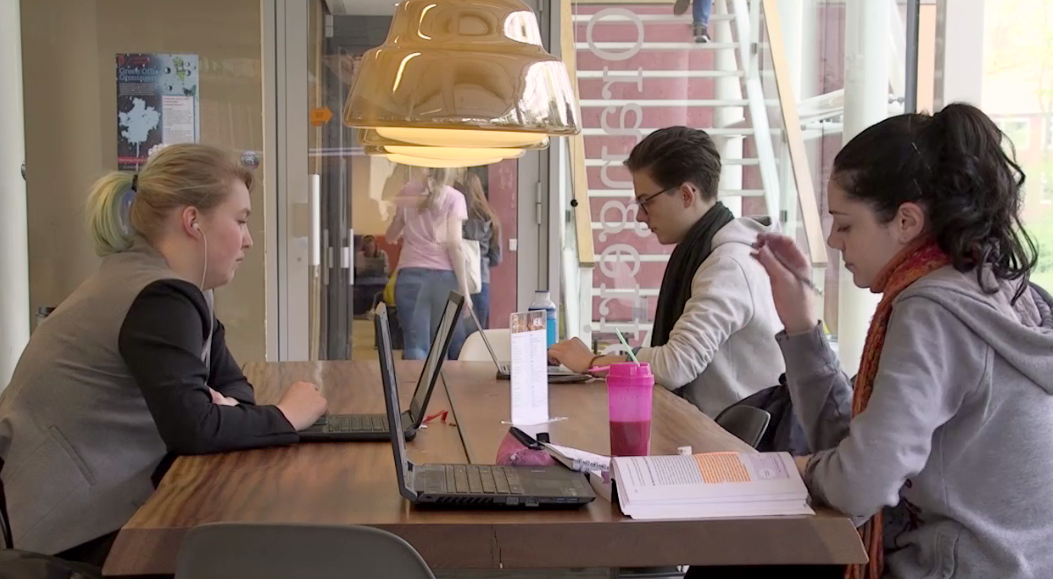Small-scale group teaching: subgroup formation based on performance
Small-scale teaching is steadily becoming the norm, with traditional lectures losing ground. At the UG, too, ‘learning communities’ are in. These groups have about 12 students and they get to know each other fast. Collaboration is also very smooth, as small-scale teaching promotes interaction between students and with their mentor/lecturer. Friendships are made faster and ‘self-effectiveness’ (belief in their own abilities) increases. This has a positive effect on success rates. Research by Jasperina Brouwer nevertheless reveals that better-performing students gravitate towards each other, as do less well-performing students.
This creates the risk of performance segregation, where ‘like seeks like’ applies. This is not always the most strategic choice. The Dutch government has the ambition to enable every student to get the best out of themselves. If we want to develop the potential of every student, more research is needed, particularly on the formation of subgroups based on performance.
More information

University of Groningen videos
The weekly online video magazine Unifocus highlights topics related to the University of Groningen in the fields of research and society, student life, teaching, policy and internationalization.
You can find more videos in our video portal.
| Last modified: | 01 October 2021 08.43 a.m. |
More news
-
15 April 2025
Impact gaswinningsproblemen op Groningers: negatieve ontwikkeling zet niet door, maar meerdere keren schade blijft een punt van zorg
Impact gaswinningsproblemen op Groningers: negatieve ontwikkeling zet niet door, maar meerdere keren schade blijft een punt van zorg
-
17 March 2025
Liekuut | The high price of conflicts
According to Carsten de Dreu, Professor of Foundations of Cooperation and Social Organization at the University of Groningen, a lot can be learned from conflicts.
-
10 March 2025
Science for Society | Memory Lab for higher marks
Learning facts at school is something hardly anyone likes. The day before a test, pupils cram as many words or names as possible into their heads, only to hopefully remember them the next morning and then forget them again after the test.
